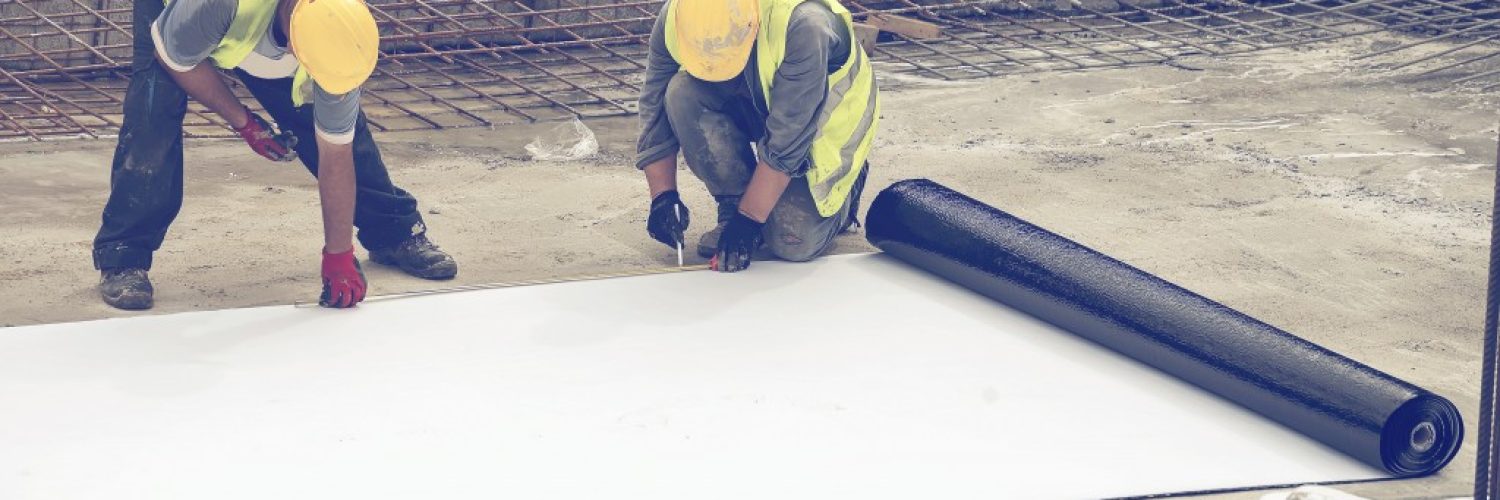Maintaining a concrete floor without a sealer is virtually impossible. The sealer will keep your concrete intact and protect it from various elements which affect its durability. There are two concrete floor sealing options including topical and penetrating sealers. Penetrating sealers will seep into the pores of your concrete and form chemical bonds within the concrete’s capillaries. They will not change the appearance of your concrete floor and can be used after a month of laying the concrete when it has fully cured.
Topical concrete floor sealer products, on the other hand, will form a protective layer on your concrete floor. These are generally used on concrete floors with decorative works. They require minimal surface preparation, are inexpensive and allow the concrete to breathe. Topical sealing products will also enhance the appearance of concrete acid stained and stamped concrete. Here are the types of acrylic concrete sealers.
Acrylic Based Sealers
These come in solvent and water-based versions. They are generally the cheapest and simplest to apply. Acrylic sealers leave an invisible film on your floors after their application and might be more slippery than penetrating sealers when wet. They are UV-resistant, do not yellow and give adequate protection against deicing chemicals and water. They come in high and low gloss sheens, but solvent-based acrylic sealers generally have better colour than water-based ones.
Urethane Sealers
These come in aliphatic and aromatic variants. They have a higher scratch and chemical resistance and durability compared to acrylic sealers. Though more costly than the latter they also provide better surface protection. When properly applied, urethane sealers form a 3-5mils coating on your floors and effectively block oils, gas, and water from soaking into your surfaces. The application of urethane sealers is challenging and requires excellent surface preparation. Any moisture presence on your floors will cause foaming or bubbling of the sealer. The sealers are also only used on interior floors.
Epoxy Sealers

These are longer lasting, stronger and provide more surface protection than acrylic sealers. Epoxy sealers also have better adherence to your floors than other types of topical sealers. Proper mixing and application of an epoxy sealer are essential for adequate surface protection. When applied correctly, the sealer will provide sufficient protection against water, gas, and oil. The epoxy sealer cannot, however, be used on exterior surfaces.
Polyurea Coatings
These are at times considered variants of urethane coatings since they share the same compounds as the latter, but their resins are different. Aromatic polyurea coatings are not resistant to UV damage and will not hold their colour well on exterior surfaces. Aliphatic polyureas are the most commonly used owing to their excellent weathering and UV resistance. They also have the highest temperature and heat resistance among all topical concrete sealers though they are expensive.
Laying and maintaining a concrete floor does not come cheap. Leaving it unsealed is the biggest mistake you will make since it will increase the frequency of floor repairs and lead to unsightly cracks and deep gulleys. Using the above topical concrete sealers seems easy, but you should get a professional to mix them and lay them down properly for adequate surface protection.

